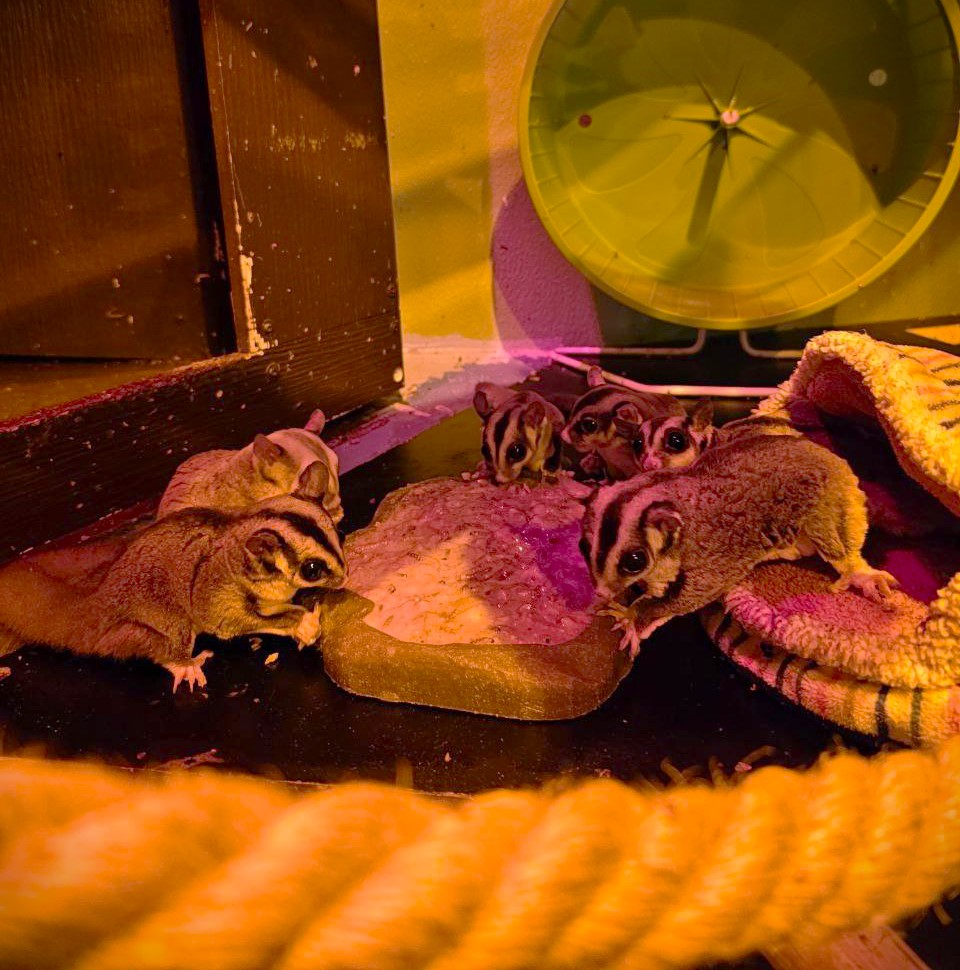Overfishing: A Serious Threat to Our Planet
Share it on:

Ensuring Earth remains a thriving, living, breathing planet means taking care of everything in it.
Marine life around the world is facing a rapid epidemic: overfishing. It’s a challenge that could have dire consequences without immediate solutions. Because of overfishing, sea creatures have either come close or are on the brink of extinction. In fact, 5% of the world’s fish species are currently at endangered levels. The damage overfishing causes can have long-term effects on marine life and humankind as well.
Fishing and traditional commercial fishing aren’t necessarily bad for the environment. In fact, fishing helps control fluctuations in aquatic life. It’s an essential part of keeping the world’s marine ecosystem in line. But, fishing and commercial fishing can become adverse when they incorporate overfishing tendencies. So that begs the question, what exactly is overfishing, and why is it so harmful?
What is Overfishing?
Overfishing is the taking of wildlife from the sea at rates too high for fished species to replace themselves. Several aquatic species have been victims of this treacherous method of fishing. More simply, overfishing is catching too many fish at once, so the breeding population becomes too depleted to recover. Overfishing often goes hand in hand with wasteful types of commercial fishing that produce amounts of unwanted fish or other animals. These animals are then discarded, and as a result, nearly a third of the world’s assessed fisheries are in significant danger. Some of these fisheries groups include:
- Whales
- Sharks
- Salmon
- Swordfish
- Flounder
Why should we be concerned about overfishing?
Overfishing endangers ocean ecosystems and the billions of people who rely on seafood as a key source of protein. Without sustainable management, our fisheries face collapse, and the human and animal population face a food crisis.
Overfishing and Economics
With over 7 billion people on the planet, fish consumption accounts for over 15% of the population. In several regions around the world, fish is the only affordable option. Overfishing has caused the market price for fish to skyrocket for the 15% that consume it. Roughly 820 million people are employed by a fishing, fish packaging, or fish associated organization. When standard fishing practices become aggressive overfishing, several thousands of employees in the fishing industry are at risk of losing their jobs and livelihood. It’s estimated that $50 billion is lost yearly because of this epidemic. As tragic as these facts are, it’s the environment that is taking much punishment.
Overfishing and Protecting the Environment
Our oceans and seas are suffering because of overfishing. Every aquatic creature plays a delicate and significant role in keeping the world’s ecosystem balanced. Remember, when one species of fish is affected by overfishing, the whole marine ecosystem feels its loss. Some examples of environmental effects include:
- 90% of predatory fish are gone
- 30 years of finning has affected every species of shark
- Biodiversity has disappeared, which is slowly killing coral reefs
- The tuna population is close to collapsing completely
Coral Reefs
The coral reefs are often known as the sea’s rainforests, some being the most biodiverse and productive ecosystems on the earth. But the coral reefs are dying. Threats to the ecosystem include overfishing and destructive fishing techniques, coastal development, pollution, and increasing levels of CO2 in the water. The death of the coral reef could create a massive impact on not just animal life but also on humans.
Coral reef ecosystems support important commercial, recreational, and subsistence fishery resources in nations around the world. The impacts of unsustainable fishing on coral reef areas can lead to the depletion of key reef species in many locations. These losses can have a ripple effect, not just on the coral reef ecosystems themselves, but also on the local and national economies that depend on them.
Shark Finning
Shark Finning is a brutal process that needs to be stopped, not just for the cruelty that is placed upon the animals, but for the survival of shark species. DNA tests have been done on shark fins for sale and it has been found that some fins commonly traded have come from threatened and highly endangered species, such as thresher sharks or hammerhead sharks. When poachers catch sharks for their fins, they are not kind. The shark’s fins are cut off while they are still alive. The shark is then thrown overboard and back into the ocean. Without their fins, the shark can not swim and suffers from significant blood loss. Unfortunately, these animals die on the ocean floor from either suffocation or blood loss.
Shark populations are also declining due to overfishing practices and many countries have begun to place bans into effect to help defend them. In some countries and areas of coastal Africa, all shark fishing is banned or is illegal. Shark finning is the horrific practice of catching a shark to take just its fins.
The Tuna Industry
Tuna overfishing and depleting tuna populations have become a major marine problem. Bluefin tuna is considered one of the most delicious foods globally. And despite numerous campaigns worldwide to save bluefin tuna and boycott the production, consumption, and tuna serving in restaurants has only increased significantly in the last 50 years. Bluefin tuna extinction would produce an imbalance of food chain links, and all other species involved would be affected.
How you can help prevent Overfishing
With the increasing effects of climate change, we all want to assure that the preservation of life on Earth continues for generations to come. Proper functioning of ecosystems will not be possible without working towards fully protected natural areas of the earth’s waters. Remember, we are one ocean, and should strive to maintain the diversity of marine life and help alleviate the impacts of climate change, pollution, and overfishing.
Solutions to overfishing include:
- Sustainable fishing practices
- More stringent Government regulations and laws
- Implementing catch and release programs
- Establish more Marine protected areas
- Tackle food waste and overconsumption of depleting fish species
How can kids help with overfishing?
Research education on catch and release programs in your area! State legislatures and wildlife management organizations can use fishing seasons and catch limits to reduce the take of game fish in their spawning seasons and locations. Consider writing to your state representatives or joining conservation groups. Get kids active and involved so that the next generation is more fish-friendly and environmentally savvy.
Believe it or not, you can play a role in preventing the practice of overfishing. Environmental laws and regulations can be put in place to control the rate of fishing worldwide. Encourage friends and family to read more about overfishing and support organizations that are working towards better conservation regulations for overfishing.
SeaQuest is committed to protecting our oceans and educating guests on how to be proactive in finding solutions. To learn more about how you can help SeaQuest with this cause, book your visit today at any of the following locations: Utah, Las Vegas, Dallas-Fort Worth, Denver, Sacramento, Minneapolis, Connecticut, Lynchburg, New Jersey, and Atlanta.




